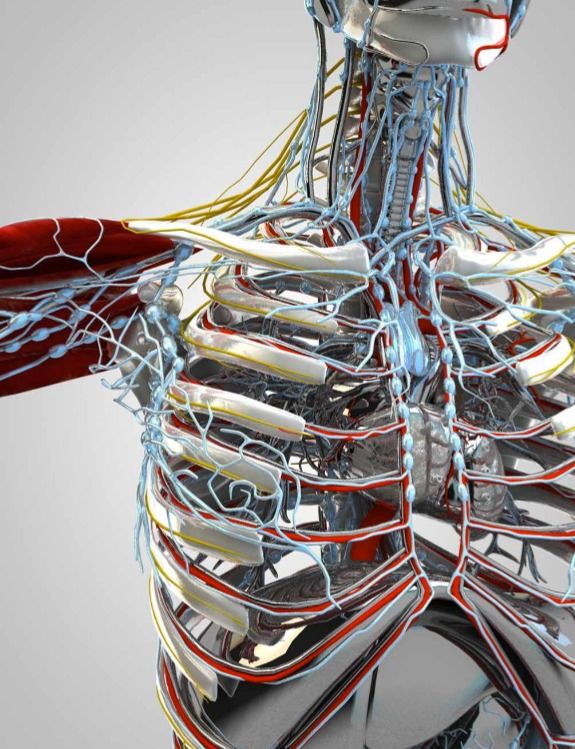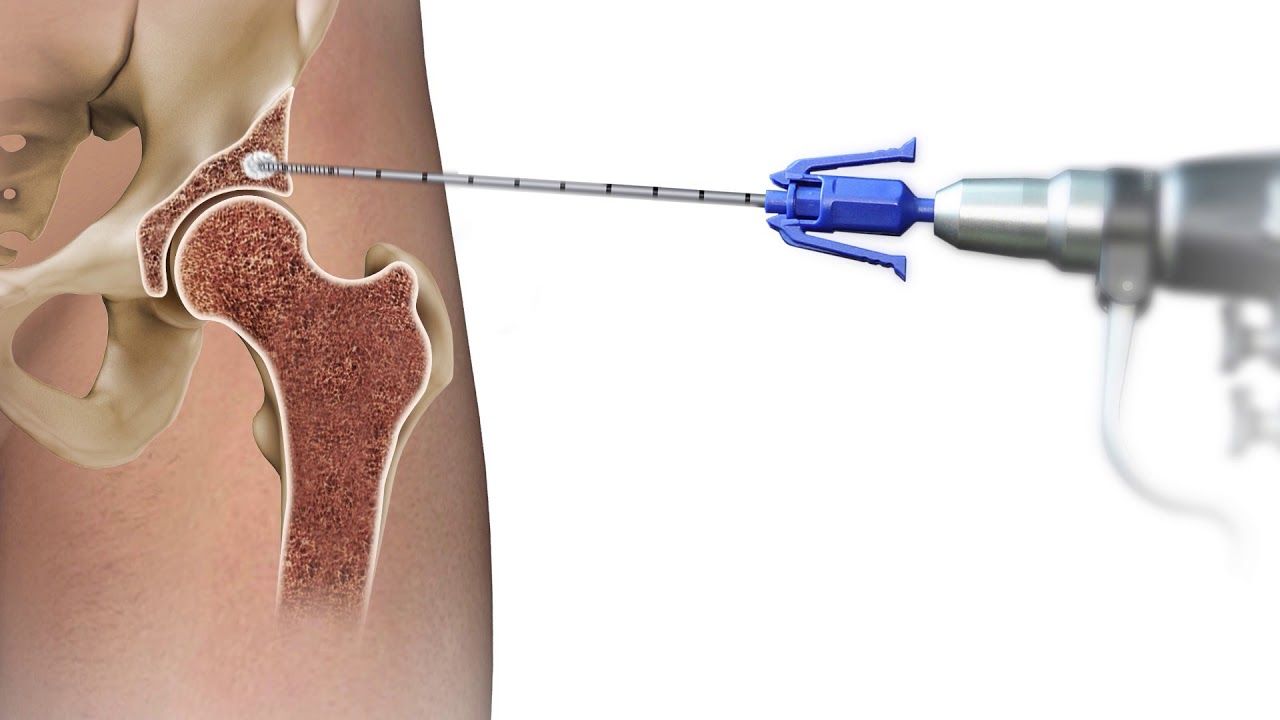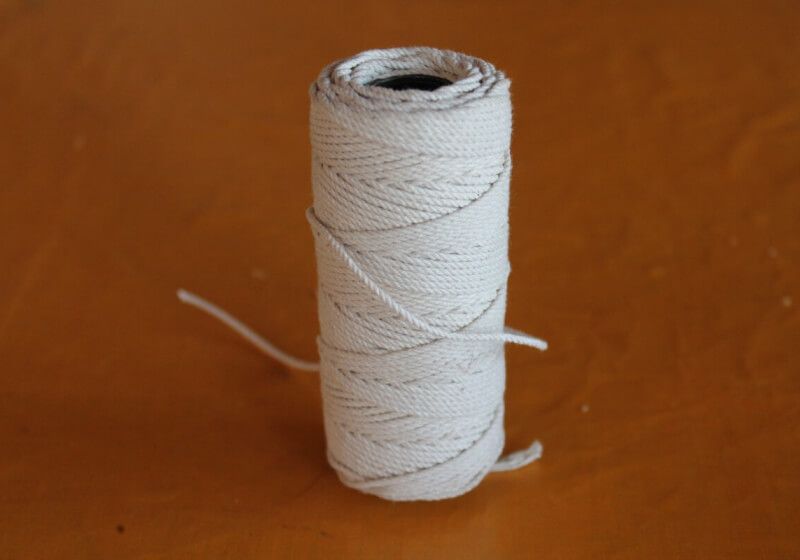Archive for the ‘materials’ category: Page 262
Dec 22, 2017
Electronically-smooth ‘3D graphene’: A bright future for trisodium bismuthide
Posted by Saúl Morales Rodriguéz in categories: futurism, materials
Researchers have found that the topological material trisodium bismuthide (Na3Bi) can be manufactured to be as ‘electronically smooth’ as the highest-quality graphene-based alternative, while maintaining graphene’s high electron mobility.
Na3Bi is a Topological Dirac Semimetal (TDS), considered a 3D equivalent of graphene in that it shows the same extraordinarily high electron mobility.
In graphene, as in a TDS, electrons move at constant velocity, independent of their energy.
Continue reading “Electronically-smooth ‘3D graphene’: A bright future for trisodium bismuthide” »
Dec 16, 2017
Why (most) future robots won’t look like robots
Posted by Shailesh Prasad in categories: materials, robotics/AI

Future robots won’t be limited to humanoid form (like Boston Robotics’ formidable backflipping Atlas). They’ll be invisibly embedded everywhere in common objects.
Such as a shoe that can intelligently support your gait, change stiffness as you’re running or walking, and adapt to different surfaces — or even help you do backflips.
Dec 16, 2017
UK ISP creates 3.5 Mbps broadband internet connection using wet string
Posted by Shailesh Prasad in categories: internet, materials
An experiment that created a 3.5 Mbps broadband internet connection won’t sound very impressive to most of us, especially since the average download speed in the US is about 75 megabits per second. But the surprising part is that it was established using a 6ft 7in piece of wet string.
While broadband connections tend to rely on wires made of materials such as copper, engineers at a small British internet service provider called Andrews and Arnold wanted to see if it was possible to send data through something less conventional.
They soaked the long piece of twine in a salt water as it’s a good conductor of electricity, though it had to be re-soaked every half an hour, and used a pair of alligator clips to establish the connection. “The upkeep of these wet string connections is very hard; in our tests, we had to continually re-wet the string approximately every 30 minutes to avoid a complete loss of sync, and this process was always disruptive to the signals,” wrote Adrian Kennard, the ISP’s director, in a blog post.
Continue reading “UK ISP creates 3.5 Mbps broadband internet connection using wet string” »
Nov 30, 2017
New 3D printer is ten times faster than commercial counterparts
Posted by Saúl Morales Rodriguéz in categories: 3D printing, materials
MIT engineers have developed a new desktop 3D printer that performs up to 10 times faster than existing commercial counterparts. Whereas the most common printers may fabricate a few Lego-sized bricks in one hour, the new design can print similarly sized objects in just a few minutes.
The key to the team’s nimble design lies in the printer’s compact printhead, which incorporates two new, speed-enhancing components: a screw mechanism that feeds polymer material through a nozzle at high force; and a laser, built into the printhead, that rapidly heats and melts the material, enabling it to flow faster through the nozzle.
The team demonstrated its new design by printing various detailed, handheld 3D objects, including small eyeglasses frames, a bevel gear, and a miniature replica of the MIT dome—each, from start to finish, within several minutes.
Nov 29, 2017
Samsung develops a battery that could charge your phone in just 12 minutes
Posted by Shailesh Prasad in categories: materials, mobile phones
Researchers at the Samsung Advanced Institute of Technology (SAIT) have managed to develop a “graphene ball” which could transform the way we think about batteries.
In a statement on Tuesday, South Korean tech giant Samsung described the graphene ball as a “unique battery material” which allows a 45 percent increase in capacity, as well as charging speeds that are five times faster than standard lithium-ion batteries.
In 2004 researchers at the University of Manchester, in England, managed to isolate graphene for the first time. According to the university, graphene is the thinnest material on the planet, is 200 times stronger than steel, transparent, and is also the world’s “most conductive material.”
Continue reading “Samsung develops a battery that could charge your phone in just 12 minutes” »
Nov 20, 2017
There will soon be more plastic than fish in the ocean
Posted by Brett Gallie II in category: materials
Nov 19, 2017
Hydrogen turned into metal in stunning act of alchemy that could revolutionize technology and spaceflight
Posted by Genevieve Klien in categories: materials, space travel
Revolutionizing technology and spaceflight.
‘It’s the first-ever sample of metallic hydrogen on Earth, so when you’re looking at it, you’re looking at something that’s never existed before’
For nearly 100 years, scientists have dreamed of turning the lightest of all the elements, hydrogen, into a metal.
Nov 16, 2017
Keystone pipeline shut down after spilling 5,000 barrels of oil in South Dakota
Posted by Genevieve Klien in categories: energy, materials
Not good!
Workers took the Keystone oil pipeline offline on Thursday after it spilled 5,000 barrels of oil in rural South Dakota, officials said.
A TransCanada crew shut down the pipeline at 6 a.m. Thursday morning after detecting an oil leak along the line, the company said. The leak was detected along a stretch of the pipeline about 35 miles south of a pumping station in Marshall County, South Dakota.
Continue reading “Keystone pipeline shut down after spilling 5,000 barrels of oil in South Dakota” »
Nov 14, 2017
A Helium-Resistant Material Could Usher in the Age of Nuclear Fusion
Posted by Carse Peel in categories: materials, nuclear energy
Researchers have found a way to prevent helium from weakening nuclear fusion reactors, potentially eliminating an obstacle to harnessing fusion energy.

















